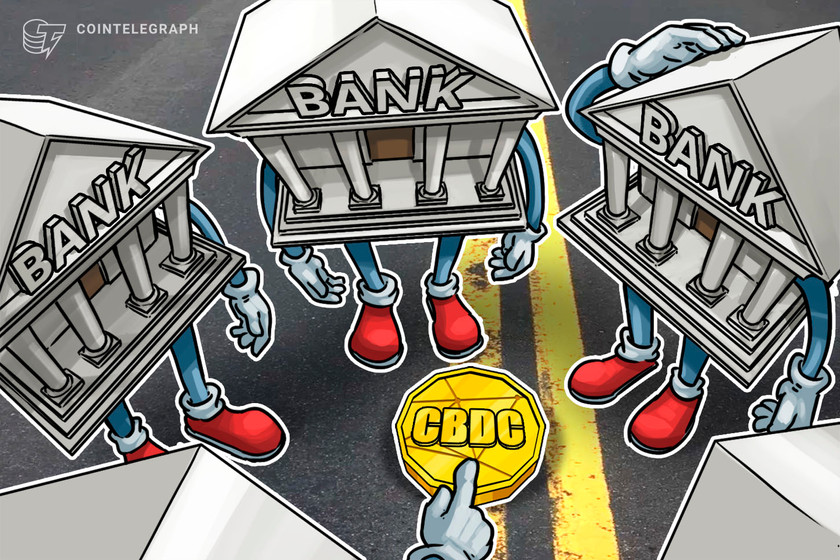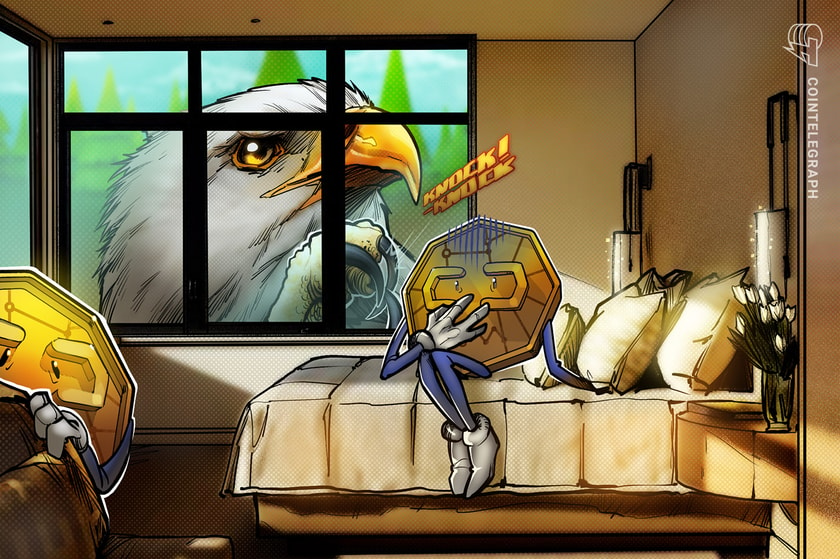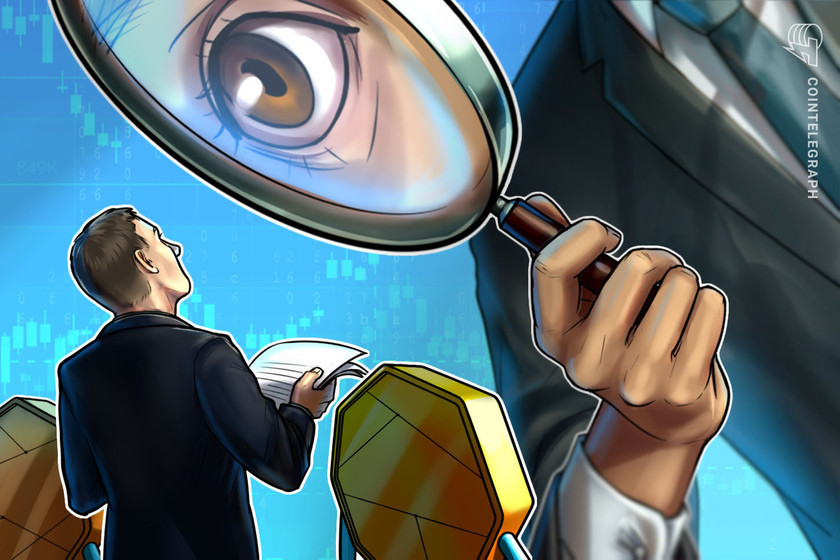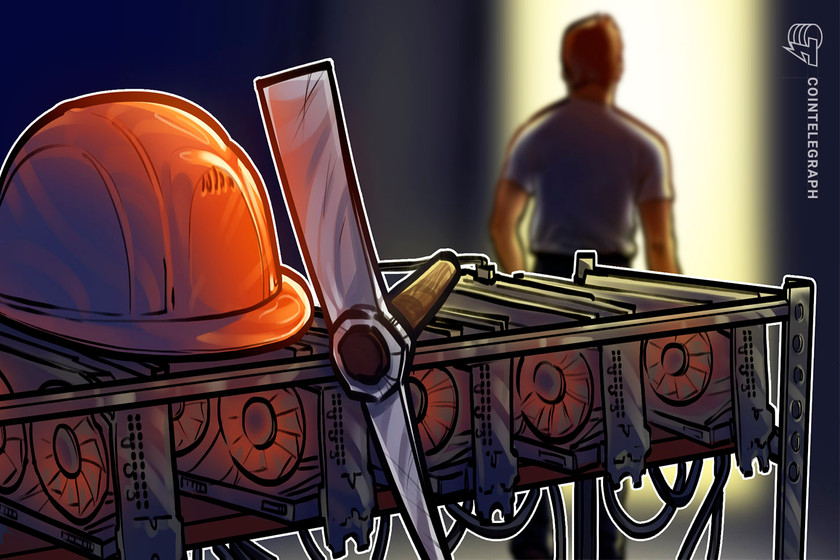Injective launches layer-2 testnet for Solana-based apps in Cosmos
The new testnet is one of the few networks that uses Solana’s Sea Level Virtual Machine (SVM).
269 Total views
2 Total shares

Own this piece of history
Collect this article as an NFT
Developers may soon be able to port Solana Web3 apps to the Cosmos ecosystem, bringing new users to these apps and providing a greater variety of uses for Cosmos blockchains.
According to a March 30 announcement from the developer of Cosmos-based network Injective (INJ), the team has released a layer-2 testnet that utilizes Solana’s Sea Level Virtual Machine (SVM). This means that some Solana developers can now test their apps for use in the Cosmos ecosystem without needing to change the programming language or tooling used.
In a conversation with Cointelegraph, a representative from Injective said the name of the new network is “Cascade” and that it uses optimistic rollup technology.
According to the announcement, the new layer was created with the help of Eclipse, a company that provides customized zero-knowledge and optimistic rollups for developers.
Eric Chen, co-founder and CEO of Injective Labs, stated that the integration should help both the Solana developer community and Cosmos users:
“This new SVM rollup for the Cosmos IBC world will not only empower developers from Solana to deploy their DApps on Injective, but it will also create more opportunities for users to experience the best Web3 DApps in one integrated network.”
Injective stated that the testnet is currently private, but it is “offering a limited number of spots exclusively to select Solana developers” beginning on March 30.
The number of active Solana developer teams increased over 1,000% year-over-year in the third quarter of 2022, according to a report by Alchemy. The network features several apps with over 2,000 unique users, including the nonfungible token marketplace Magic Eden and DeFi protocol MeanFi, according to Web3 analytics company DappRadar.
However, Solana Web3 apps are written for use with the Solana SVM, which is used by few networks other than Solana itself. This makes it difficult for Solana developers to port their apps to other networks without extensive rewriting.
Related: Formfunction to shutter marketplace amid Solana NFT slump
Eclipse also created an SVM rollup for Polygon on February 23.
Cosmos is a group of interconnected blockchain networks developed using the same consensus engine and software development kit. They are connected through the Cosmos Inter-Blockchain Communication Protocol (IBC), and assets on one network can be transferred to others within the Cosmos ecosystem. Injective is one of the networks that make up this ecosystem, and the new SVM rollup is a layer-2 of Injective.
Injective Labs isn’t the only company trying to make Solana apps compatible with Cosmos. Nitro Labs also announced the development of an SVM rollup for the Sei network in September and released a decentralized exchange for its testnet in February.
The Cosmos ecosystem has been growing over the past two years. On March 11, Cosmos Hub governance approved the V9-Lambda upgrade that begins to implement Interchain Security (ICS), allowing members of the ecosystem to share validations resources. On March 29, Circle announced that it will launch USDC for Cosmos via the Noble Network.









